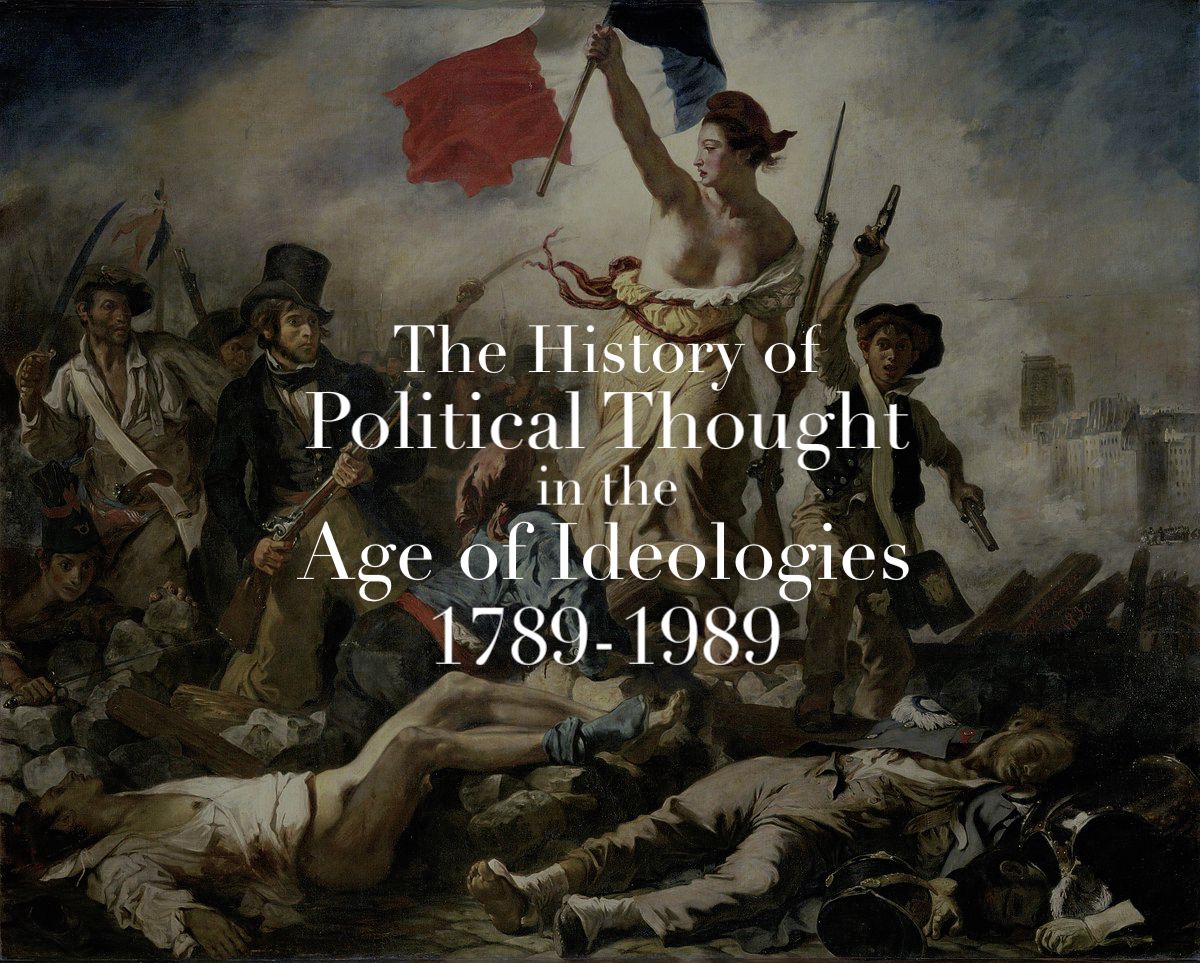
Historians of political ideas since the late 1960s have advocated focussing on authorial intentions instead of tracing the progress of “unit ideas” or the transmission of disembodied concepts. Yet historical practice has not always followed methodological injunctions. Nowhere is this more the case than in the period following the French Revolution. Capacious political movements are assumed to dominate the nineteenth and twentieth centuries, giving rise to a procession of abstract ideologies. Yet is it plausible to think of the era as inhabited by such continuous “discourses”, let alone as being characterised in terms of a clash between them? This conference is intended to probe the durability of ideas that are standardly assumed to traverse the ages while sustaining the integrity of their meaning.
The conference also aims to examine how the epoch is generally presented. In what sense can the period be described as an “age of ideologies” if its constitutive doctrines are disassembled into a succession of speech-acts? In 1982 Karl Dietrich Bracher described the twentieth century as a “Zeit der Ideologien”. Yet this conception already had interesting precedents by the time he wrote, having been applied to the nineteenth century by Reinhart Koselleck in 1959. Koselleck’s depiction has a longer pedigree still, looking back to nineteenth century accounts of the legacy of the enlightenment. Thus, in the wake of the French Revolution, the idea emerged that an era of hostile ideologies had succeeded an older age of religious strife. In exploring how we might best write the history of political thought after 1789, this conference will examine common depictions of the period as living in the shadow of revolutionary upheaval that unleashed an enduring contest between opposing principles.
The speakers at the conference include Peter Ghosh (Oxford), Niklas Oslen (Copenhagen), Greg Conti (Cambridge), Gareth Stedman Jones (QMUL), Emily Jones (Cambridge), Jennifer Pitts (Chicago), William Selinger (Harvard), Maurizio Isabella (QMUL), Stuart Jones (Manchester), Andrew Sartori (NYU), Eva Hausteiner (Bonn), Leslie Butler (Dartmouth), Georgios Varouxakis (QMUL), Duncan Kelly (Cambridge), Anne-Sophie Chambost (Université Jean Monnet Saint-Etienne), Rachel Hoffman (Cambridge), Quentin Skinner (QMUL), Udi Greenberg (Dartmouth), Julia Nicholls (KCL), and Richard Bourke (QMUL).
Registration for this event is essential. To download the conference programme, please click here.